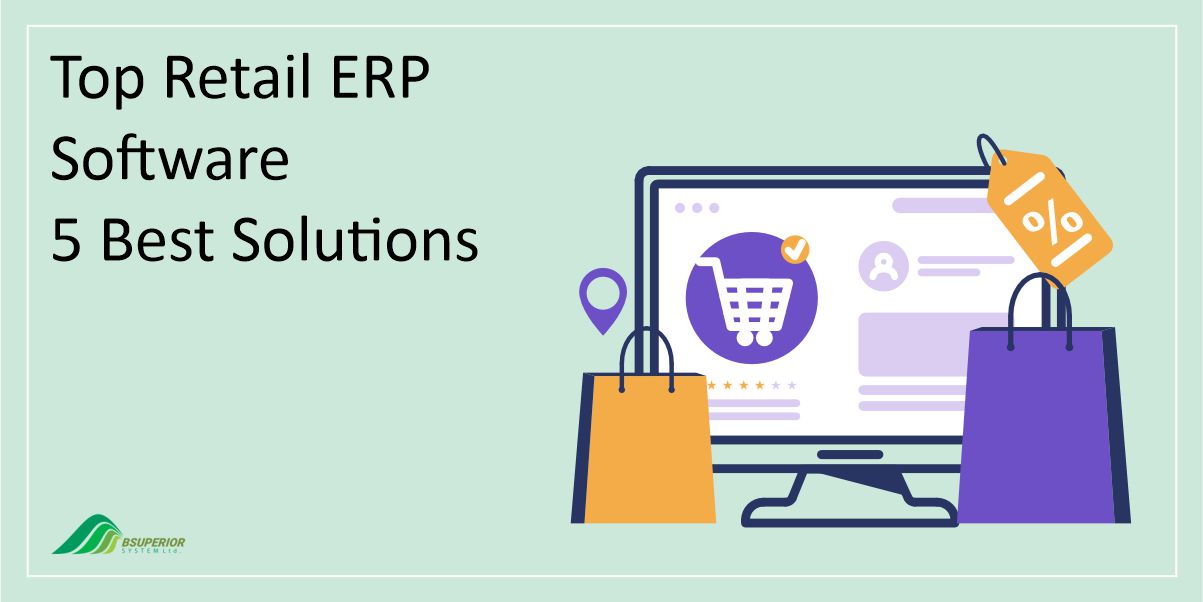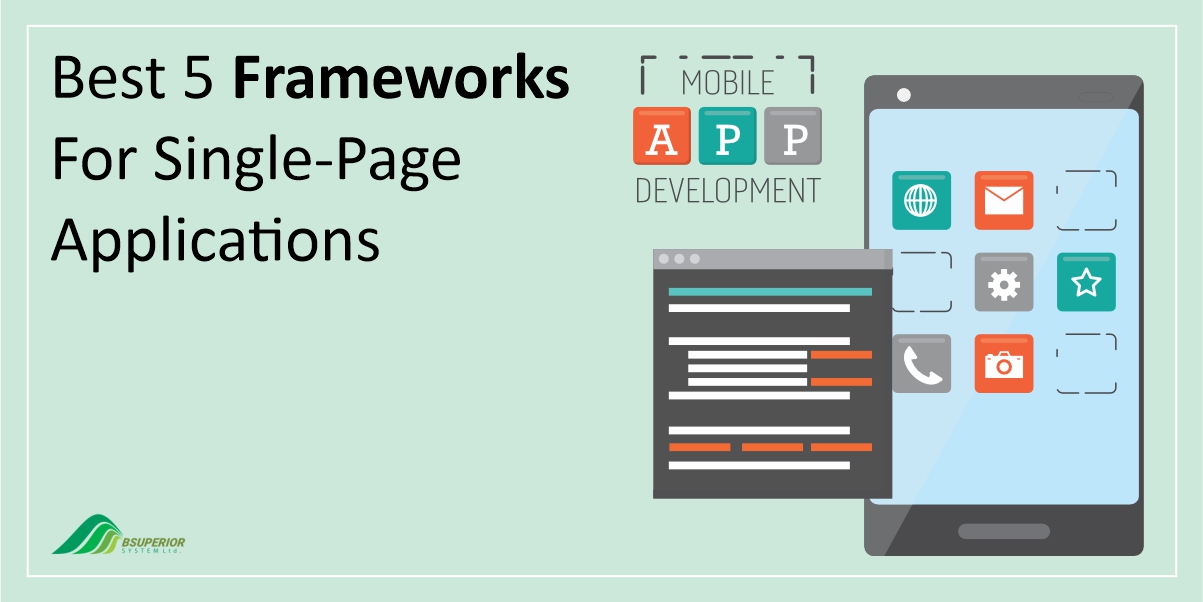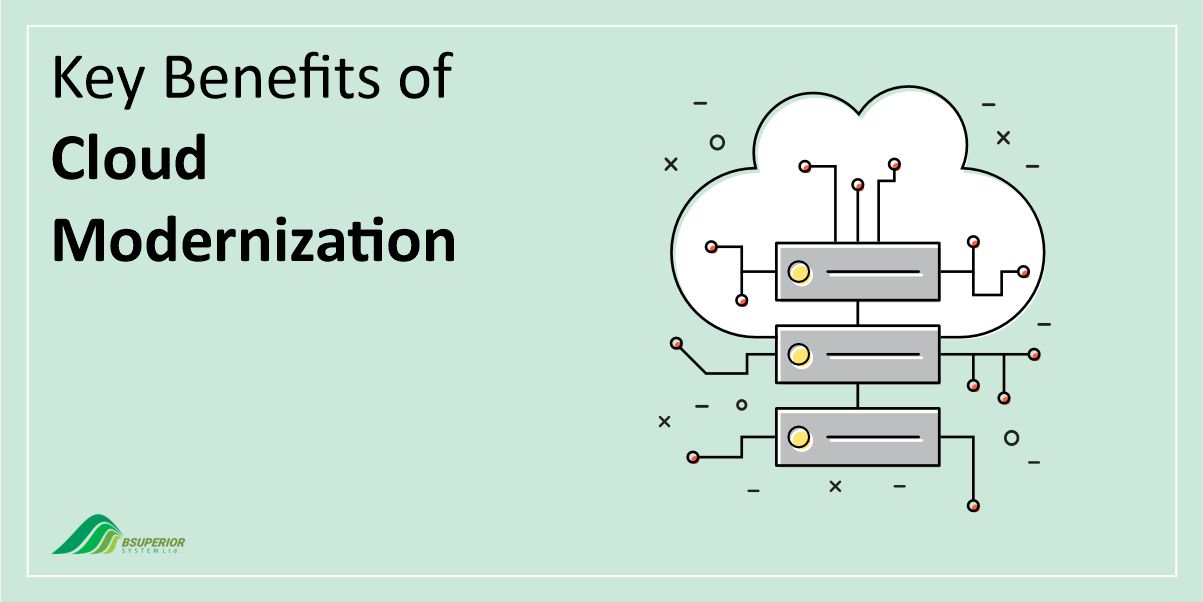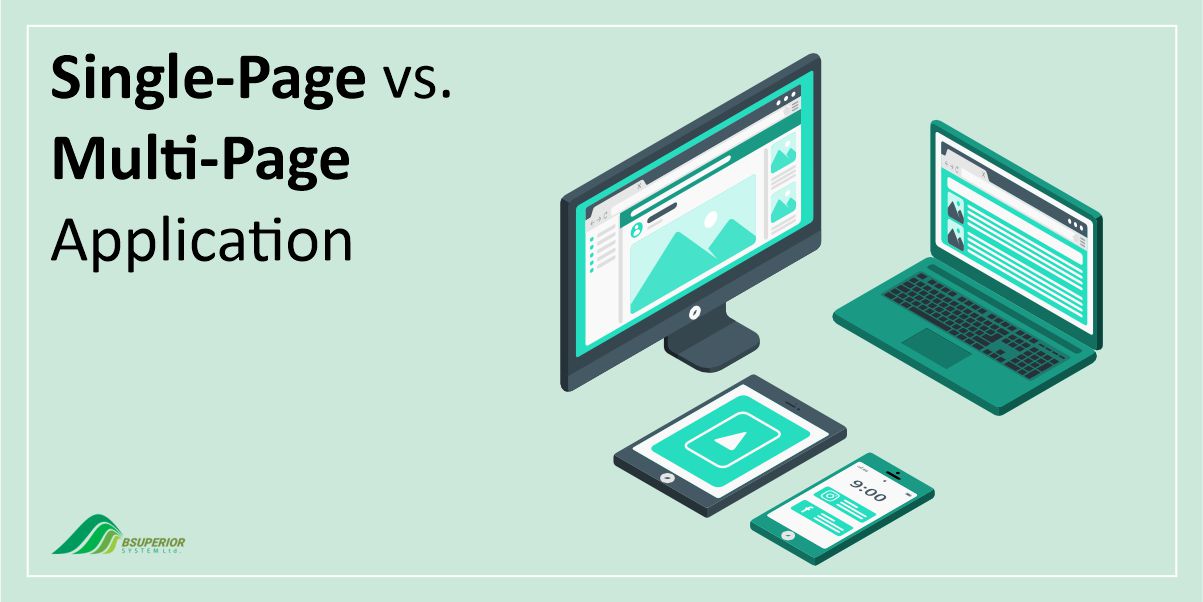Can Laravel Be Used for Big Enterprise Apps?

Table Of Content
- 10 Advantages of Laravel for Big Enterprise Apps
- 1. Robust and scalable framework
- 2. Efficient and optimized performance
- 3. Built-in security features
- 4. Variety of supported databases
- 5. Built with testing in mind
- 6. API development capabilities
- 7. Easy integration with third-party libraries and tools
- 8. Seamless integration with front-end frameworks like Vue.js and React
- 9. Localization and internationalization support
- 10. Continuous integration and deployment (CI/CD) support
- Wrapping Up
In what follows, we will explain why Laravel is more than up for the challenge of handling large-scale applications. We will also discuss how Laravel’s features, scalability, and strong performance make it a top choice for big projects. So, continue reading to find out why Laravel is a reliable choice for Laravel enterprise application development.
Laravel is the Most Popular PHP Framework
Laravel app development service, a highly renowned framework in the realm of PHP programming, is a preferred choice for web development.
Debuting in 2011, this brainchild of Taylor Otwell has since risen to prominence, solidifying its standing as the most acclaimed PHP framework, owing in part to its adherence to the Model-View-Controller (MVC) pattern.
According to SimilarTech which provides market share estimates, as of June 2024, Laravel has a significant market share of 35%).
What’s more, BuiltWith Trends offers insights into website usage. While this might not be a perfect measure of Laravel’s popularity, it reported more than 743,000 websites (as of June 2024) are using Laravel.
Laravel undergoes regular updates, incorporating numerous features essential for application development that aim to streamline the tasks of web developers. These capabilities range from user authentication and routing to interaction with the database, email dispatch, and security measures.
Today, the vast majority of applications necessitate Laravel’s inherent functionalities for development. An application without features such as user registration and authentication is virtually non-existent in this digital age.
In today’s digital landscape, Laravel’s internal features have become indispensable for application development.
Considering the ubiquitous nature of features such as user registration and authentication – it’s challenging to envisage a contemporary website devoid of these functionalities. In essence, Laravel’s rich feature set has become a prerequisite for modern web development.
What is an Enterprise Application Software?
Enterprise Application Software (EAS), commonly known as enterprise software, is a class of comprehensive computer programs designed to serve the primary operational and financial activities of organizations, thereby facilitating the realization of business objectives.
Predominantly, these software solutions are employed to streamline various business processes, providing indispensable support for businesses, irrespective of their size, in the realms of manufacturing, marketing, sales, and overall product management.
The imperative of utilizing enterprise software emanates from its numerous benefits, including heightened productivity, operational cost reduction, fostering of innovation, and acceleration in customer problem resolution.
Historically, these business operations were executed manually, a method that proved to be less efficient, slower, inflexible, and costlier in comparison to the usage of enterprise software.
The lack of these software solutions resulted in a sluggish pace of business development, production, and innovation, as they relied heavily on manual management.
Read More: IS LARAVEL GOOD FOR STARTUP? WHY IT IS THE BEST PHP FRAMEWORK FOR STARTUPS?
Most Important Enterprise Application Software
Enterprise application software, a pivotal tool designed to cater to the needs of large organizations, comes in various forms and functions. It facilitates organizational activities management and digital transformation in myriad ways.
Before selecting an enterprise software that aligns with your business requirements, it’s essential to understand the most critical types of enterprise application software. Here are the most known types of organizational software that every business should consider:
- Enterprise Resource Planning (ERP)
- Customer Relationship Management (CRM)
- Business Intelligence (BI)
- Supply Chain Management (SCM)
- Human Resource Management (HRM)
- Accounting Software
- Marketing Automation
- Business Automation and Process Management
- Document Management Software
Can Laravel Be Used for Big Enterprise Apps?
The Laravel framework is utilized extensively in numerous large-scale enterprise applications. Its adaptable nature caters to both individual and team-based projects, rendering it a reliable solution for a variety of enterprise needs.
The efficiency and success of any application development heavily rely on the proper implementation of the chosen framework. Laravel is no exception; its effective use is paramount to ensure that substantial enterprise applications function optimally.
The Laravel framework offers a wide range of tools that enhance its suitability for vast enterprise applications. Its comprehensive suite of features, combined with robust performance capabilities, positions it as a preferred choice for developing sophisticated and scalable applications.
Is Laravel Suitable for Large Projects?
Laravel has many valuable features that make it a great choice for large projects. These features include:
- Scalability and Modular Architecture: Laravel’s architecture is designed to be modular, which makes it easier to scale applications as they grow.
This allows developers to create and use reusable components, fostering the efficient management of large codebases. - Robust ORM with Eloquent: Laravel’s Eloquent ORM is a powerful and expressive tool that streamlines database interactions.
It facilitates the handling of large datasets through efficient querying, eager loading, and relationships. - Caching for Enhanced Performance: Laravel provides multiple caching mechanisms that significantly boost the performance of large-scale applications.
By caching data and configurations, Laravel minimizes the burden on the database, which is especially beneficial for projects with high traffic. - Testing and Debugging Tools: Laravel is equipped with comprehensive testing and debugging tools. PHPUnit integration and Laravel Dusk facilitate automated testing, while the built-in debugger and error logging help in identifying and rectifying issues swiftly.
- Vibrant Community and Documentation: The Laravel community is highly active and growing, providing valuable support and resources to developers working on large-scale projects.
Additionally, Laravel’s extensive and well-written documentation acts as a repository of knowledge, making it easier for developers to understand and utilize the framework’s features.
Learn More: DJANGO VS. LARAVEL: WHICH ONE IS BETTER?
10 Advantages of Laravel for Big Enterprise Apps
It is clear that Laravel is an ideal choice for developing enterprise apps. Below we will take a closer look at 10 of the most important benefits of Laravel for such purposes. These advantages are:
- Robust and scalable framework
- Efficient and optimized performance
- Built-in security features
- Variety of supported databases
- Built with testing in mind
- API development capabilities
- Easy integration with third-party libraries and tools
- Seamless integration with front-end frameworks like Vue.js and React
- Localization and internationalization support
- Continuous integration and deployment (CI/CD) support
1. Robust and scalable framework
Laravel is widely regarded as a robust and scalable web development framework. Its robustness is characterized by its solid architecture and a plethora of features that make development swift and effortless.
Laravel has elegantly combined the best practices of different frameworks, including Ruby on Rails, ASP.NET MVC, and Sinatra, which results in cleaner and modular code. The framework is built on top of several Symfony components, giving it a reliable foundation.
Scalability in Laravel is made simpler with features like the Eloquent ORM, queue system, and configurations for caching and session drivers.
With Laravel’s built-in solutions for common web application requirements such as authentication, routing, and security, it becomes convenient for developers to focus on building scalable applications without reinventing the wheel.
The horizontal and vertical scaling options available in Laravel ensure that your application can handle traffic as it grows.
2. Efficient and optimized performance
In the realm of enterprise-grade website development, performance is a crucial aspect. High-performing websites can make a significant difference in user experience and business outcomes. This is where Laravel, a PHP-based framework, shines, providing sophisticated tools to enhance website performance.
One of Laravel’s strengths lies in its ability to seamlessly integrate with tools like Redis and Memcached. These tools offer advanced caching strategies that can dramatically improve the overall performance of a site.
The integration of such tools with Laravel consequently escalates the speed and efficacy of the website, thereby offering a more fluid and responsive user experience.
The foundation of Laravel on the PHP programming language is another key to its impressive performance.
PHP has long been recognized for its robust performance in web development, particularly on the server-side. Laravel inherits this high performance, making it a natural fit for high-performance applications.
When dealing with large-scale Enterprise Apps, performance can be a make-or-break factor. Given Laravel’s built-in measures for enhancing performance, it positions itself as a compelling choice for executing sizable projects.
3. Built-in security features
When considering the development of large-scale Enterprise Apps, security is a key factor to contemplate. This is where Laravel, a highly secure PHP framework, stands out as an optimal choice.
Laravel’s built-in features robustly guard against numerous security threats, enhancing the safety and reliability of applications developed with it.
One of the remarkable facets of Laravel’s security is its inherent defense against SQL injection attacks. This is ensured through the use of Eloquent or Query Builder for database operations, reducing the likelihood of malicious activities on your website.
Laravel further emphasizes security by insisting all inputs and requests pass through defined routes. This diligent monitoring leaves no room for unauthorized access to your application, reinforcing its defense against potential vulnerabilities.
Moreover, Laravel provides protection against Cross-Site Request Forgery (CSRF) attacks. The framework utilizes a CSRF token, effectively blocking unauthenticated requests from infiltrating your web application.
Also, Laravel has measures in place to prevent mass assignment vulnerabilities, thereby enhancing the security of your application data.
These outlined features represent just a portion of the comprehensive security provisions inherent in the Laravel framework. Given its extensive security offerings, Laravel is not only suitable but advantageous for the development of large Enterprise Apps.
It has already earned trust and acclaim for its use in the creation of vast online stores and expansive service sites.
Read More: TYPES OF WEB APPLICATIONS THAT CAN BE BUILT WITH LARAVEL WEB APPLICATION FRAMEWORK
4. Variety of supported databases
One of the essential aspects of web development is the interaction with databases. Laravel supports a wide range of databases, including MySQL, PostgreSQL, SQLite, and SQL Server.
This is beneficial as it allows developers to choose the database that best fits the needs and specifications of their project.
Laravel’s Eloquent ORM provides a simple and elegant ActiveRecord implementation for working with databases, which means that developers can interact with databases without writing SQL code.
Moreover, Laravel facilitates easy migration and database seeding. Its migration system helps to expand the database structure without modifying it directly, making it easier to update the application’s database schema in a structured and organized way.
Laravel’s seeding feature allows developers to populate the databases with sample data, which can be highly useful during development.
5. Built with testing in mind
Unit Testing, as its name suggests, involves evaluating individual components of a software application one at a time. In the context of the Laravel framework, this means testing singular methods within controllers.
It’s an essential process to ensure that each part of your application is functioning as expected, contributing to the overall reliability and robustness of your software.
One significant advantage of the Laravel framework, a reason many web developers gravitate towards it over other PHP frameworks, is its inherent ease of unit testing. Laravel is inherently equipped with PHPUnit, a powerful testing tool, facilitating both unit and feature testing with remarkable simplicity.
With Laravel’s testing tools, developers can simulate the perspective of an external user, assessing the website’s functionality from this viewpoint.
These tests can uncover system glitches, bugs, and issues, providing invaluable feedback to the developer. By identifying and resolving these problems before the official launch, you can ensure a smoother, more reliable user experience upon release.
6. API development capabilities
Laravel is a preferred choice for many when it comes to building RESTful APIs. Its innate simplicity and elegant syntax enable developers to build APIs quickly and efficiently. Laravel has out-of-the-box support for features such as routing, pagination, and authentication, which are essential in API development.
Moreover, Laravel’s Eloquent ORM plays a vital role in the creation of APIs as it allows easy interaction with databases.
Laravel’s API resources allow you to transform your models and model collections into JSON effortlessly. Moreover, Laravel Passport, which is an OAuth2 server implementation, helps in authenticating API requests through tokens. This ensures that your API is secure and only accessible to authorized clients.
7. Easy integration with third-party libraries and tools
Laravel’s design facilitates seamless integration with various third-party libraries and tools, which enhances its functionality and allows developers to implement a wide range of features without much hassle.
Composer, a dependency management tool, is used in Laravel for managing external packages, making it easy to add third-party libraries.
In addition, Laravel has support for integrating multiple payment gateways, email services, and other tools through the use of custom service providers.
This flexibility opens up numerous possibilities for developers to extend Laravel’s capabilities and integrate the functionality that is required for the specific needs of the project.
8. Seamless integration with front-end frameworks like Vue.js and React
Laravel’s architecture is designed in such a way that it can easily be integrated with modern front-end frameworks such as Vue.js and React. This compatibility empowers developers to build full-stack applications with relative ease.
Laravel Mix, an elegant wrapper around Webpack, provides a fluent API for defining the asset compilation tasks of the application, making it easy to compile and manage front-end assets.
Additionally, Laravel’s built-in support for handling API calls makes it convenient to interact with front-end frameworks.
Developers can build efficient back-ends using Laravel, which can then be consumed by single-page applications (SPAs) created with front-end frameworks like Vue.js or React, ensuring a smooth development process for creating rich and interactive web applications.
9. Localization and internationalization support
As the world becomes increasingly interconnected, the importance of multilingual capabilities in your Enterprise App cannot be understated.
It enables your application to resonate with a diverse audience, breaking down language barriers and providing a seamless user experience regardless of the user’s native tongue.
Considering this from the onset of your project development is crucial, and Laravel proves to be a compelling choice for such endeavors. Laravel provides built-in support for multilingual applications, making it an excellent option for large-scale projects that require this feature.
By using Laravel-based app, we can create applications that truly transcend geographical and linguistic boundaries, reaching out to a global audience with ease. Leverage Laravel’s powerful localization capabilities through our app and broaden your reach.
Establish your presence on the global stage, delivering a user experience that is both personalized and universally accessible.
10. Continuous integration and deployment (CI/CD) support
Continuous Integration and Continuous Deployment (CI/CD) are critical for modern development processes, and Laravel excels in supporting these practices. Laravel’s compatibility with various testing tools and environments makes it easy to set up automated testing.
PHPUnit comes out-of-the-box with Laravel, and the framework is configured with user-friendly conventions for writing tests.
For continuous deployment, Laravel integrates effortlessly with various deployment platforms and services. Laravel Envoyer is one such tool that provides seamless deployment without any downtime.
Additionally, Laravel Forge helps in automating deployments by connecting with repositories like GitHub, Bitbucket, or GitLab. This makes deploying and managing applications built on Laravel a smooth and efficient process.
Wrapping Up
In conclusion, Laravel has positioned itself as an exceptionally capable framework for the development of large-scale enterprise applications.
With its robust and scalable nature, efficient performance, and an array of features such as built-in security, diverse database support, API capabilities, and seamless integration with front-end frameworks and third-party libraries, it caters to the diverse and complex needs of enterprise-level solutions.
Furthermore, its support for localization, internationalization, and continuous integration and deployment makes it well-suited to adapt and evolve with the dynamic demands of the enterprise environment.
For enterprises seeking to leverage the power of Enterprise Application Software including ERP, CRM, BI, SCM, HRM, Accounting, Marketing Automation, Business Automation and Process Management, and Document Management Software, Laravel emerges as a potent choice.
Its wide-ranging advantages contribute to creating powerful, secure, and highly customizable applications that can scale as per the needs of the organization, thereby affirming its viability and attractiveness for big enterprise application development.
We value your input and believe this content may enhance our services. However, it's under review. If you see room for improvement, please use the "Report an issue" button below. Your feedback helps us excel.
Contact us today at –– and speak with our specialist.




